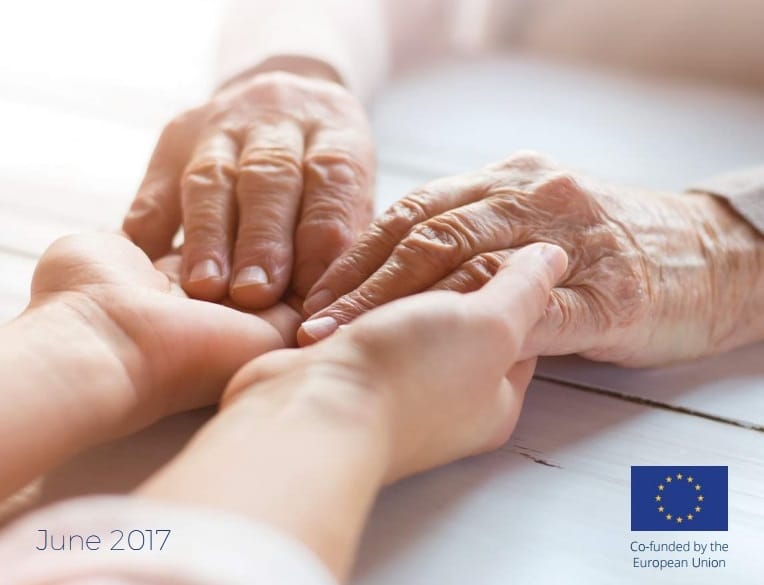On 28th November the European Network of National Human Rights Institutions (ENNHRI) held the final conference of their project on the Human Rights of Older People in Long-term Care, in which AGE took part. This conference presented the findings of the project and gave further guidance for policy-makers, care providers and advocates for older persons about implementing a human rights-based approach to their work in long-term care.

Human rights concerns highlighted at the ENNHRI conference
At the conference a number of speakers from the involved countries presented their findings and method of research for the project. Vytautas Valentinavicius from Lithuania and Timea Csikos from Hungary explained that a lack of knowledge of basic human rights and instruments such as the Convention on the Rights of Persons with Disabilities (CRPD) was one of the main reasons of human rights violations. In addition, the lack of professional workers, the difficult working conditions and the lack of adequate financial resources was seen by speakers as a reason why it is difficult to implement a human rights-based approach in practice, a conclusion that coincides with the findings of the project report.
Ana Carla Pereira, Head of Unit for Social Protection at the European Commission – co-funder of the project – explained EU action in long-term care, which includes working towards the enforcement of the right to long-term care as included in the European Pillar of Social Rights. The roundtable discussion highlighted the issues surrounding, the main legal challenges, the next steps which need to be taken and how can policymakers at the EU and national level support it in practice. Nena Georgantzi, AGE Human Rights Officer, called on adopting consistently a human rights-based approach as a way to detect ageist assumptions in policies and practice that hinder the enjoyment of rights by older persons in need of care and have a negative impact on the quality of the services.
ENNHRI recommendations
The ENNHRI project produced a number of useful outcomes, including a toolkit aimed to help policymakers and care providers throughout Europe understand their human rights obligations to older persons seeking and currently in long-term care (LTC). The final project report presents ENNHRI’s findings and recommendations. These include:
- Implementing a human rights based approach (HRBA) in the area of LTC underpinned by five principles (known as PANEL principles): Participation, Accountability and transparency, Non-discrimination and equality, Empowerment of rights holders and Legality;
- Ensuring the participation of older persons into service planning at all levels – national and regional policies, in the care home and in their daily lives;
- Making complaint, legal assistance and support mechanisms available to older people to help tackling underreported abuses;
- Investing in LTC services, including in capacity building, particularly in regard to staff training;
- Improving systems of monitoring the situations of older persons in LTC;
- Providing training and awareness-raising on human rights for policymakers, care workers and managers ;
- Adopting a new UN Convention on the rights of older persons as a way to raise visibility and accountability of older persons’ human rights and to provide guidelines for care workers and policymakers who design and deliver LTC policies.

AGE welcomes the project findings, which will serve as a basis to advocate for a better protection of older people’s rights in Europe and beyond. Shedding a light to the structural barriers faced by older persons in residential care we are able to work towards building human rights compliant long-term care policies and services.






